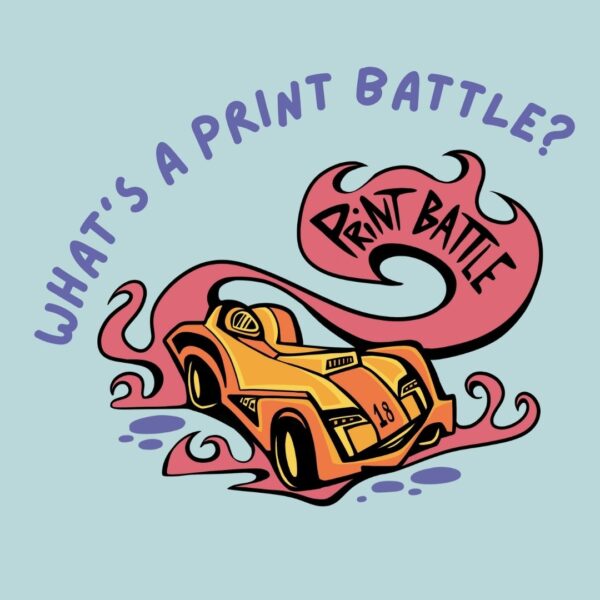


Artist Profile: Jenny Polak
New York City-based artist Jenny Polak has long dealt with issues of citizenship and legality through her site-specific and socially-engaged projects. Drawing heavily on her background in architecture, but working across a variety of media, Polak’s work brings human...
Make Up the Breakdown: Music as Self-Contained Instruction in 140
When 140 begins, you’re dropped into near silence. A single tone plays: low and bassy, it seems to emanate from the flat, monochromatic setting of the world. Your avatar is a lone recognizable shape: an unmoving square. Move to the left or right and...
Episode 430: EXPO panel Josh Baer, Paddy, and Forrest Nash
http://traffic.libsyn.com/badatsports/Bad_at_Sports_Episode_430__EXPO_Panel_Internet.mp3 download This week! EXPOÂ Panel! “Who owns the internet?” Josh Baer -Â Baer Fax Forrest Nash -Â Contemporary Art Daily Paddy Johnson -Â Art F City...“I’d be safe and warm if I was in LA…”
Towards the end of The Function of Criticism, Terry Eagleton suggests that the “role of the contemporary critic,” which is of course a different thing than the function of criticism – right? a role and a function are different things, but of course the function of something might be to provide a role, or a role might be to serve a function, in both cases it seems like function is greater than, trumps or possibly dictates, role – is to reconnect “the symbolic to the political,” by which he means “engaging through both discourse and practice with the process by which repressed needs, interests, and desires may assume the cultural forms which could weld them into a collective political force.” He is emphatic in pointing out that this role, this idea, is not new at all, but – like many ideas around a liberatory role for art, theory, etc – harks back to an earlier historical moment.




